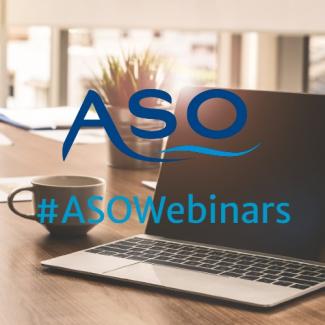#ASOWebinar: Perspectives on weight management and obesity treatment in men
Novo Nordisk has provided sponsorship to the Association for the Study of Obesity (ASO) to fully fund all costs for the development of this webinar, including creation, organisation, production and administration. Novo Nordisk has had no influence on the content and full editorial control remains the sole responsibility of ASO. None of the speakers have received a fee for their participation in this webinar, and ASO has been fully responsible for engaging with participants.
When: Thursday, 30th June 2022, 6:00pm - 7:30pm
This webinar will address the engagement of men in clinical weight management services and trials. It will feature academic and clinical specialists in weight management who are actively researching in this field (e.g. Football Fans in Training) and will include views from the lived experience. Following the talks from invited speakers, there will be a panel discussion with a Q&A session facilitated by the Chair, that will allow webinar attendees to ask general and specific questions about engaging men in research and clinical interventions.
The webinar is a continuation of the highly successful ASO webinar series that started shortly after the initial outbreak of covid-19 and is designed to support the ASO membership and others interested in obesity and weight management.
18:00 Welcome and introductions, Dr Rebecca Richards
18:05 A woman's world? Engagement of men in weight management services- a North Wales service evaluation, Marion Cliffe and Richard Irvine
18:20 Football Fans in Training, Professor Cindy Gray
18:35 Being the change, John Lamb
18:50 Health Inequalities and Men’s Weight Management Trials, Matthew McDonald
19:15 Q & A with the panel
Please join us for the live panel discussion and Q & A session
Speakers
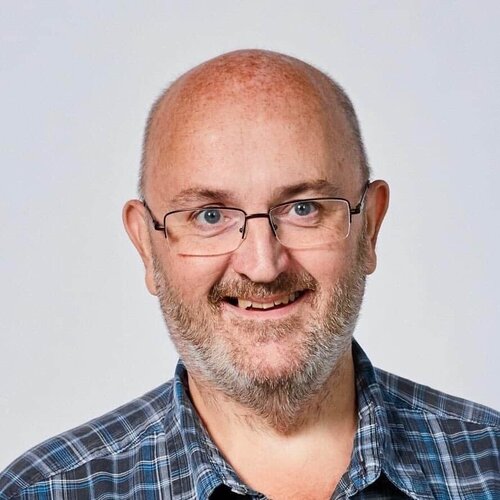 Ken Clare
Ken Clare
Leeds Beckett University
Ken has a lifelong experience of living with obesity. With a professional background in general and mental health nursing, he also has five years experience as a specialist bariatric nurse. During the past 18 years, he has become a strong advocate for people with obesity and is passionate about ensuring patient voices are considered at every stage of research, commissioning and service delivery. Ken founded WLSInfo (patient information and support charity) in 2002, was a founding member of OEN (Obesity Empowerment Network) and GOPA (Global Obesity Patient Alliance). He currently serves as Chair of EASO-ECPO European Coalition for People Living with Obesity and is a Trustee of ASO (Association for the Study of Obesity). Additionally Ken has taken part in a range of patient involvement roles, organised many obesity related conferences and has extensive experience across all media platforms.He is currently engaged with the University of Liverpool and Leeds Beckett University in roles focussing on Patient and Public Involvement.In his spare time Ken is a flight simulator enthusiast, a keen photographer and is currently learning German.
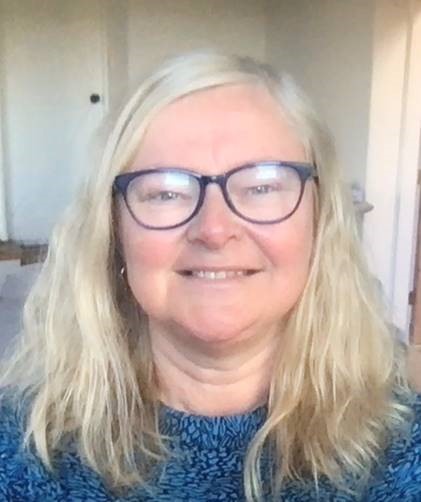 Marion Cliffe
Marion Cliffe
Betsi Cadwaladr University Health Board, Bangor University
Marion is a Dietitian leading the Adult Level 2 Weight Management service at Betsi Cadwaladr University Health Board (BCU) in North Wales. The service is known as Help with my Weight North Wales. She is also a lecturer at Bangor University. Her research interests include widening access to and engagement with effective weight management services and the role of food reward in obesity. The BCU Help with my Weight Service accepts self- and health professional referrals and offers a range of services including the KindEating programme facilitated by registered Dietitians either remotely or face-to-face in Leisure Centres across North Wales, funded access to a traditional commercial programme and a pilot of funded access to a weight management app with coaching. The service was shortlisted for an Advancing Healthcare Award Wales 2021 for Digital Innovation.
 Cindy Gray
Cindy Gray
Institute of Health & Wellbeing Social Sciences, Glasgow University
After completing her PhD in psychology (cognitive neuroscience), Cindy moved into the field of health behaviour change. She draws on both psychological and sociological theories to increase understanding of how to engage hard-to-reach groups in different settings and cultural backgrounds in sustained health behaviour change. Cindy is particularly interested in the potential of community organisations, such as professional sports clubs (e.g. football and rugby clubs), bingo clubs and prisons, to deliver health behaviour change interventions that are attractive and acceptable to at-risk groups. Throughout her career, Cindy has focused on the importance of engaging with stakeholders throughout the intervention development and evaluation process to facilitate the translation of research evidence into practice. Recently, Cindy has attracted new funding to allow her to extend the way sustainability is conceptualised in her research beyond the individual (e.g. a person maintaining change long-term) and organisation (e.g. long term implementation of an evidence-based behaviour change programme), to embrace environmental sustainability (e.g. active travel, reduction in food waste/food miles).
 Matthew McDonald
Matthew McDonald
School of Population Health, Curtin University
Matthew is a final year PhD candidate at Curtin University in Perth, Western Australia. His PhD is linked to the Aussie-Fans in Training (Aussie-FIT) program, the Australian adaptation of Football Fans in Training, which uses Aussie Rules Football as a ‘hook’ to engage men. Specifically, he has led work around adapting and implementing Aussie-FIT within rural towns in Western Australia. As part of his PhD Matthew has also recently published a systematic review examining the extent to which socioeconomic factors are considered in randomised trials of men’s weight management interventions. Prior to coming to Australia, he worked for the University of Stirling for 3 years, predominantly on a feasibility trial of a text message-based weight management intervention designed specifically for men. Matthew has a longstanding interest in health inequalities, originating from his time spent working in community health promotion on projects related to food, nutrition, and weight management for NHS Forth Valley.
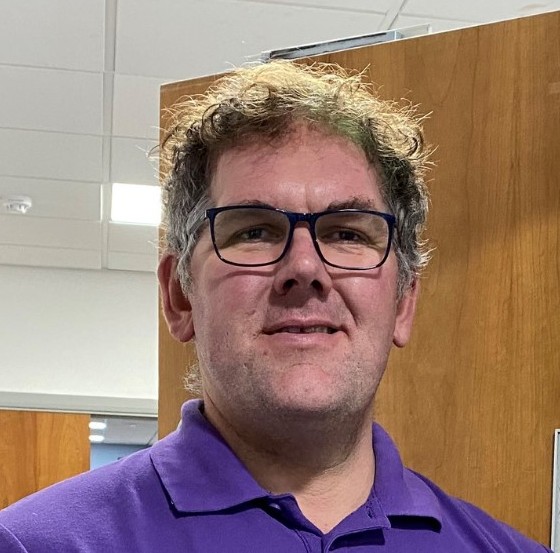 Richard Irvine
Richard Irvine
Betsi Cadwaladr University Health Board
Richard is a Specialist Dietitian in the Adult Level 2 Weight Management service at Betsi Cadwaladr University Health Board (BCU) in North Wales. He arrived in the field of dietetics after a career as a journalist working across a number of regional newspapers in the North West of England for Reach plc. He’s held a lifelong interest in all things weight and nutrition related and in his previous life, wrote restaurant reviews for the Liverpool ECHO. His initial research into weight management looked at a variety of factors related to the successful completion of a programme. It was apparent that low numbers of men engaged with lifestyle services and in his current role Richard is aiming to develop a weight management programme which better addresses the needs of men, as well as approaches to encourage referrals for men to the service.
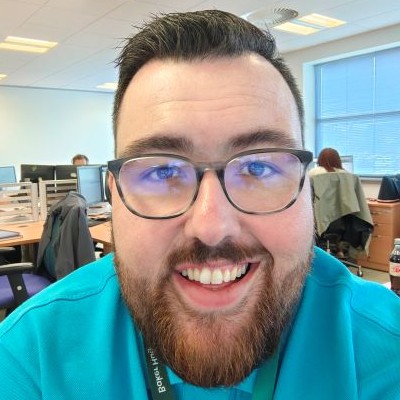 Johnny Lamb
Johnny Lamb
Obesity UK and European Coalition for People Living with Obesity
My name Johnny Lamb. 35 years old from Aberdeenshire, Scotland. I have lived with obesity my whole life and last year decided to make changes. I have lost over 16 stone this far (heaviest being 45st 11) and hope to continue losing more.
Chair
 Becky Richards
Becky Richards
Aneurin Bevan University Health Board
Rebecca is a Practitioner Psychologist at the Adult Weight Management Service, Aneurin Bevan University Health Board, Wales. Her interests are in the development and evaluation of behavioural and psychological interventions to support people with obesity to improve their metabolic health, eating behaviour, physical activity and mental wellbeing. Rebecca recently led the development of two scalable acceptance-based interventions for weight management that are delivered via a web platform and telephone support, at the University of Cambridge.




